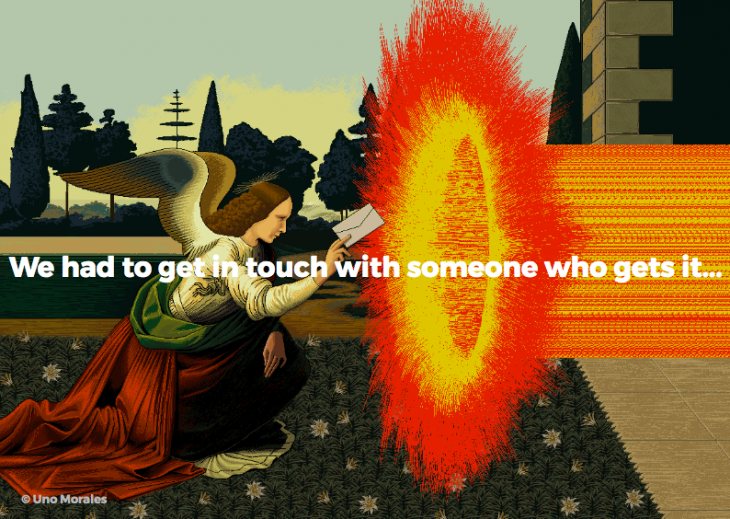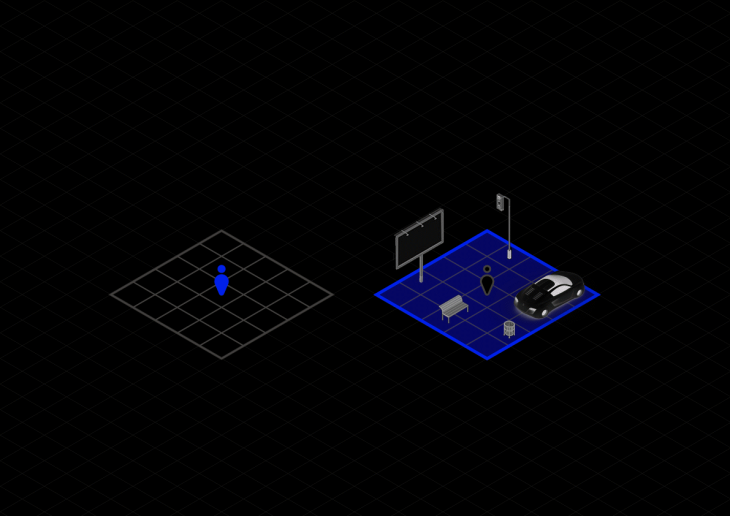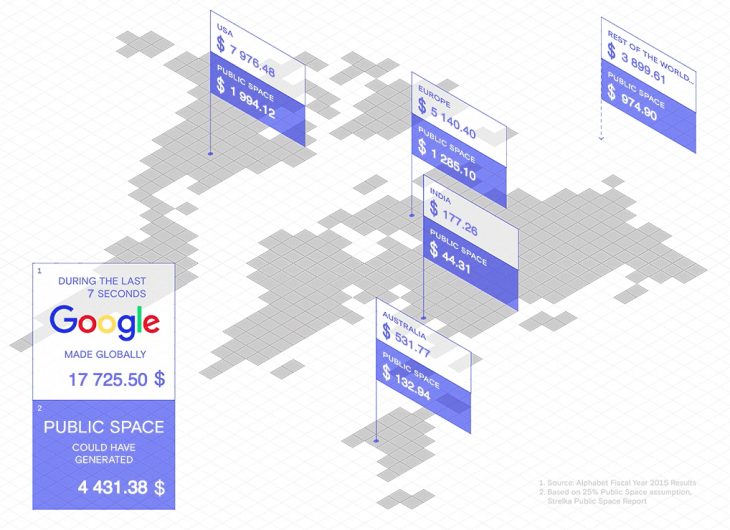IAAC- Master in City & Technology 2019/20 – Term I
Workshop: Google Urbanism
Total Hours: 24 hours
Faculty: Nicolay Boyadjiev
Platform Urbanism Design Charrette “On GoogleUrbanism, WeGovern, & X-10”
A 5-day platform urbanism design workshop combining theory with speculative case-studies taking on conceptual research topics ranging from data-municipalism, derivative spatial products, “ambient crowdfunding” and the strategic leverage of existing / as-of-yet-nonexistent composite platforms at urban scale…
Over the course of the week, we will explore, distort, refine and repurpose as needed old and new concepts such as “platform urbanism”, “SPIME architecture”, “spatial infrastructure”, “models”, “surveillance”, “design agency” and more. At this critical 2020 juncture (our “X-10” countdown), our goal is to prototype and play-out possible and preferable trajectories for these concepts within the urban realm as an open design challenge, in urgent need of more than some current self-serving “critical” positions or the cheerleading of reductive, lazy and ultimately complacent declarations… The workshop is inspired by methodology and research loosely drawn from “GoogleUrbanism”, a 2016 tongue-in-cheek award-winning conceptual design proposal for a new urban taxation / licensing model for the city.

The workshop will also tangentially pull ideas from an informal and conveniently strategic reading of WeWork and one specific reframing of the We Company narrative (presented as “WeGovern”). Our topical interest in the platform is not as the “branded real-estate-arbitrage middleman” caught in its own ongoing public fiasco (with its controversial CEO resigning, new lease agreements halted, thousands of staff laid off and IPO plans delayed amidst increased investor scrutiny)… Nor is it as the self-proclaimed “capitalist kibbutz” (with its utopian portrayal not as a start-up but as a “state of consciousness on its way to transform white-collar labor”)… And it is even less as an extended, dystopian, surveillance “apparatus for tracking and control of on behalf of our corporate overlords”… Rather, we choose to strip and stage WeWork as an incredibly ambitious, well-funded and all-encompassing speculative design project, with unpredictable and potentially empowering trophic cascades for architects, urban designers, labor activists and citizens, which will inform how we position our design brief and intended project outcomes.

Rooted in the specific context of Barcelona, students will expand the traditional “ site” and “scope” in urban design and produce conceptual, architectural and narrative models to reflect the possible and preferable shifts of urban agency and practice necessary at X-10.

